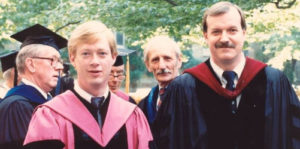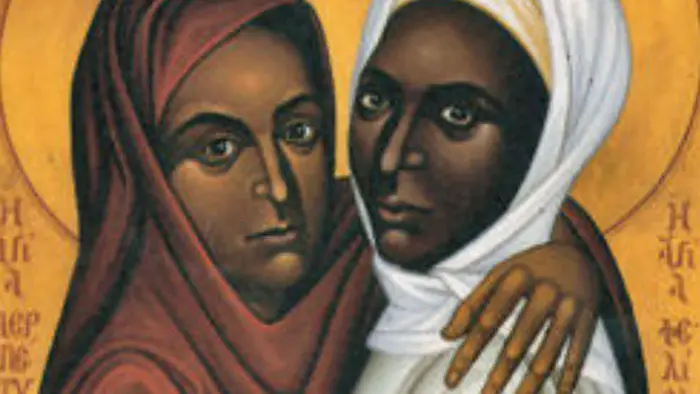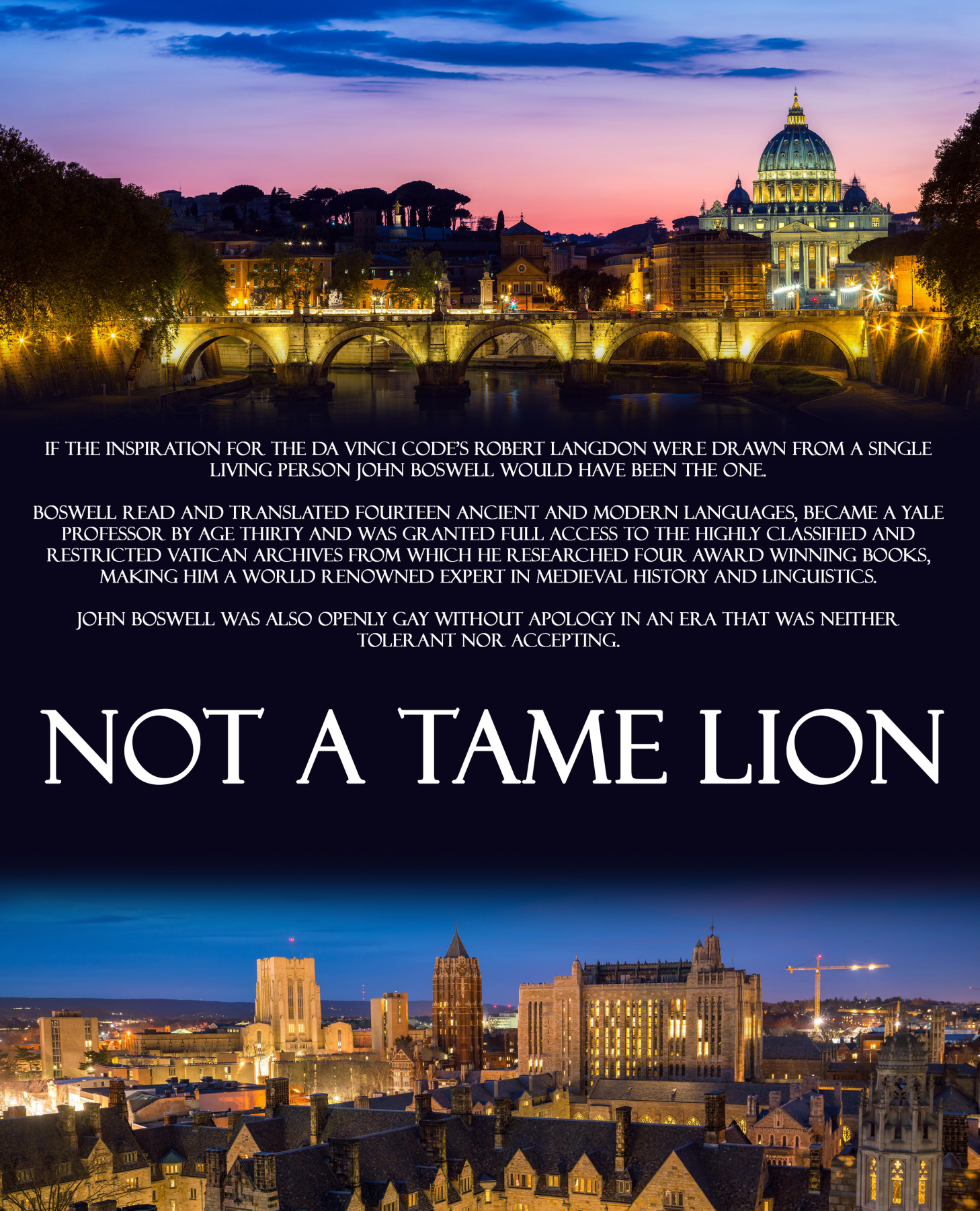
With how religious individuals have treated and continue to treat the LGBTQ community, it seems as if there is no spiritual space for LGBTQ people to navigate freely without being judged for who they are. Admittedly, there are more progressive churches and open-minded individuals today, but one could say the damage has already been done. Writer-director Craig Bettendorf underscores a new way of seeing and practicing Christianity in Not A Tame Lion, a scrupulous and illuminating documentary about John Boswell, a distinguished Yale professor and an openly gay Christian.
Over the course of his life, Boswell published four academic books and gave lectures focusing on the link between Christianity and homosexuality. Having full access to the classified Vatican archives, the professor looked back on the history of Christianity from an LGBTQ perspective. He asserted that the history of Christianity has shown that homosexuality was accepted, and bigotry against gay people is a contemporary development resulting from the intentional distortion of historical material.
To keep the focus on Boswell and his legacy, his contributions to Christian ideology are not refuted or challenged. And they shouldn’t be because the documentary is more concerned about capturing the essence of somebody who accomplished so much as a scholar, which is naturally more difficult when there isn’t too much footage of Boswell. There is, however, audio of him giving a sermon, and his personality shines through.

“…John Boswell, a distinguished Yale professor and an openly gay Christian.”
Not A Tame Lion is mainly compiled of interviews with Boswell’s friends, students, and colleagues. They commend his charm and intelligence, consider his accomplishments, and remember his final days living with AIDS and trying to finish his book Same-Sex Unions in Pre-Modern Europe. He was a resolute historian and gifted linguist, unafraid to enrage the Vatican with his work.
Through the blending of narration, interviews, audio tapes, and dramatic recreations, Bettendorf experiments with several techniques to dissect and depict his subject’s life. But in doing so, the stylistically distinct segments don’t always interweave smoothly. Additionally, a few too many pop culture quips are inserted throughout that are unnecessary and extremely awkward. Notwithstanding, Boswell’s beliefs and achievements are intriguing by themselves without all the gloss. Boswell’s buoyant personality especially makes him a captivating subject; speaking with a good-humored yet self-assured tone and presenting himself with grace, the man never got discouraged or angered by bigots who minimized his work.
Even if not every creative decision worked, the film is uniquely structured. The first half documents Boswell’s life and death, while the second highlights his influence after death. This approach gives Boswell more prominence and truly paints him as a notable historical and LGBTQ figure. There is no getting around the fact that the right and left both had issues with his stance on Christianity. The movie spends a reasonable amount of time examining why people from the right took issue with his work; they would go as far as to simply deny its existence. There needs to be people that contemplate the past and present differently, but only if they have good reason to do so. Boswell had good reason, having compiled exhaustive research to support his findings.
By following the life of John Boswell, Not A Tame Lion reflects on the shortcomings of humanity and religion. One man took it upon himself to reevaluate the history of Christianity in such a bold and comprehensive manner that his contributions were nothing short of groundbreaking. Whether or not you agree with his beliefs is not the point; the point is to acknowledge the life of a scholar who, by broaching this discussion of Christianity and homosexuality, uncovered newfound truth and compassion in religious ideology.
Not A Tame Lion made its world and UK premiere at the 30th Chichester International Film Festival.

"…experiments with several techniques to dissect and depict his subject's life."


